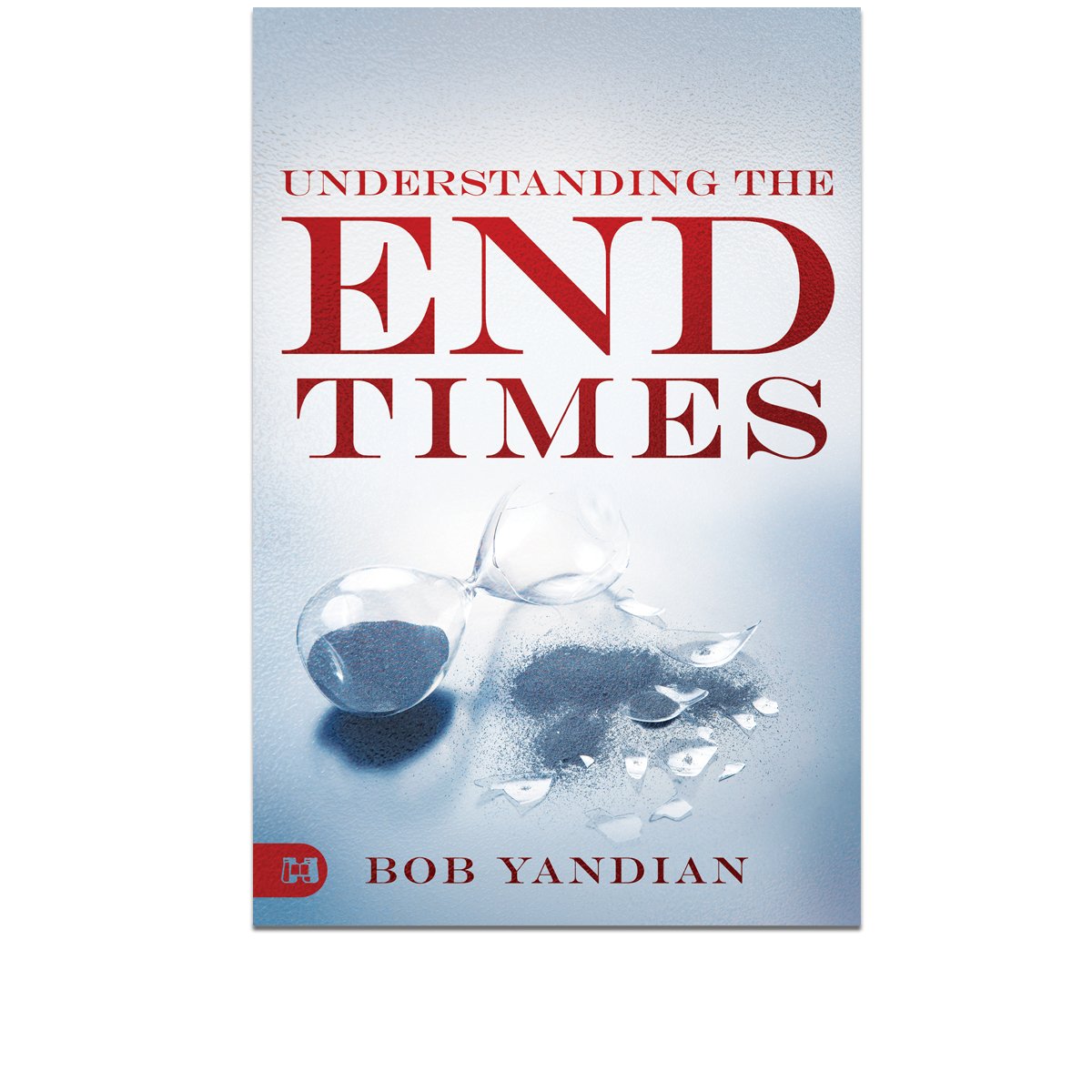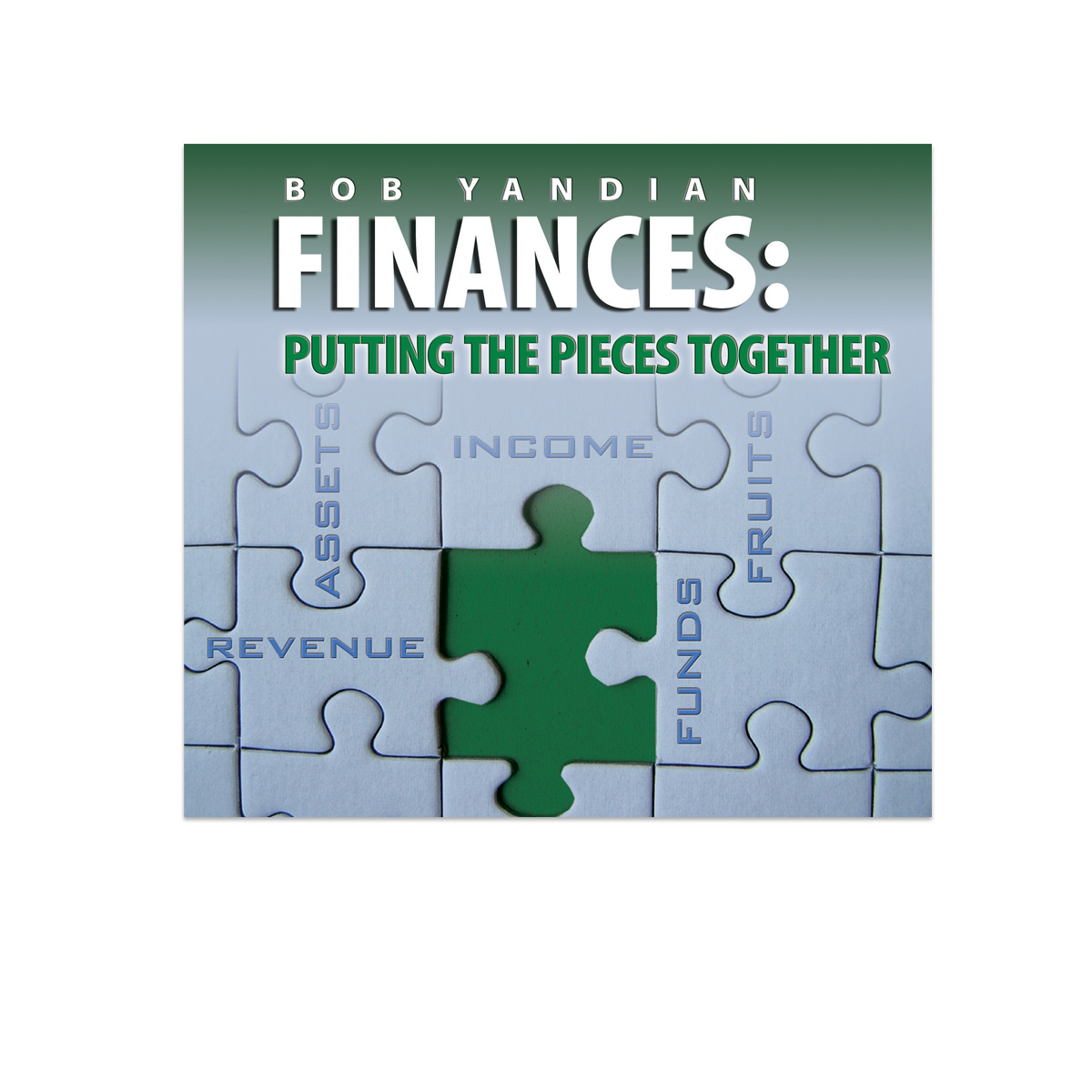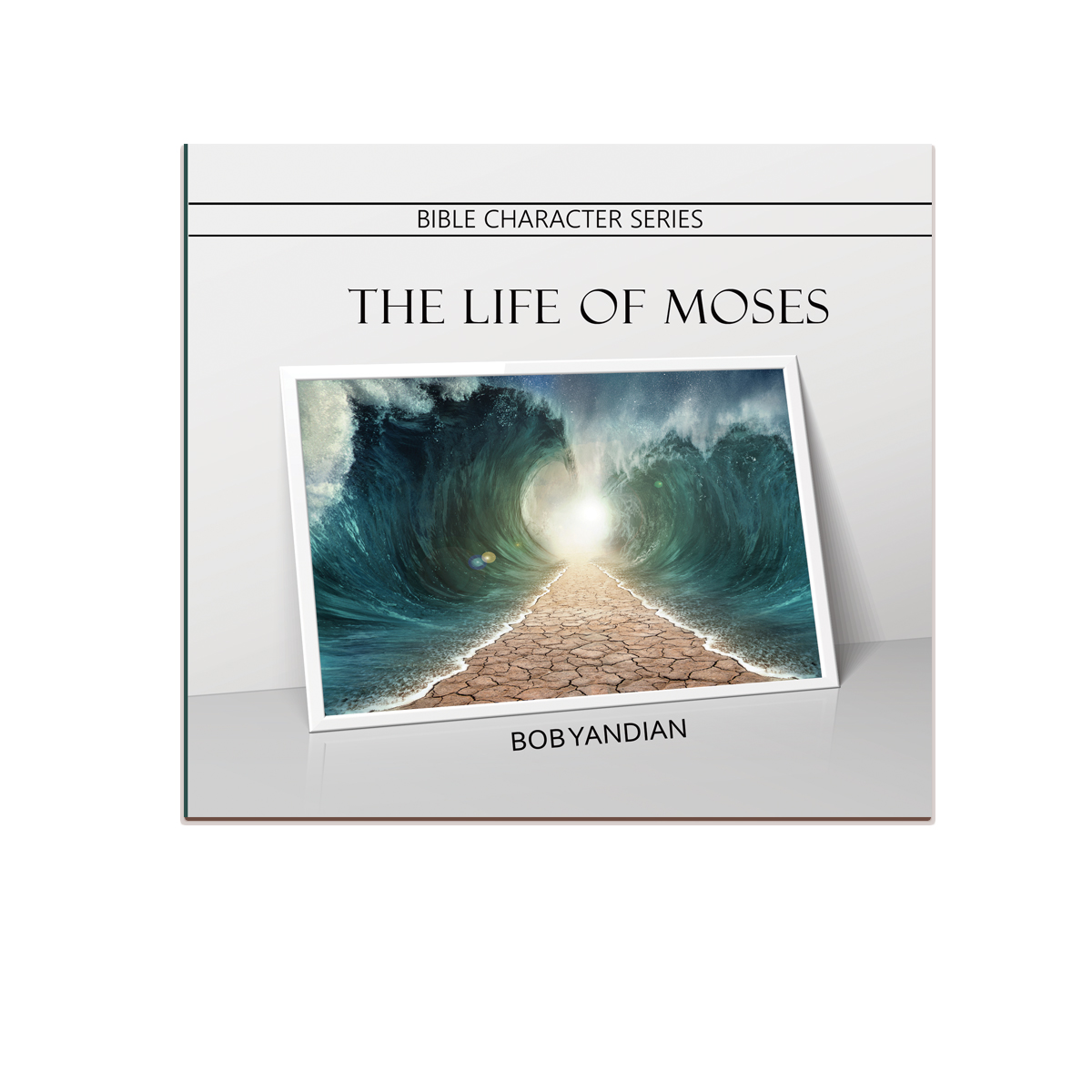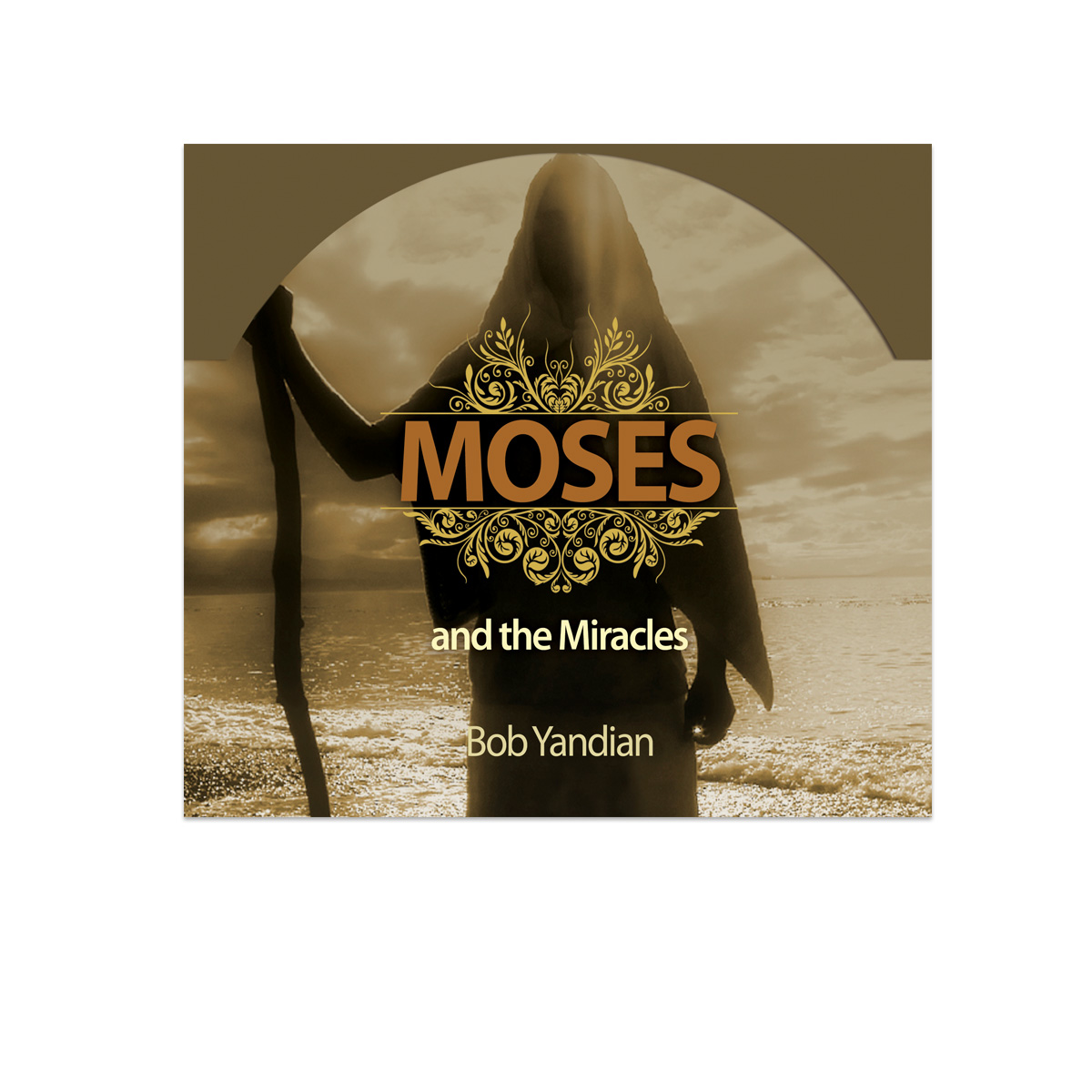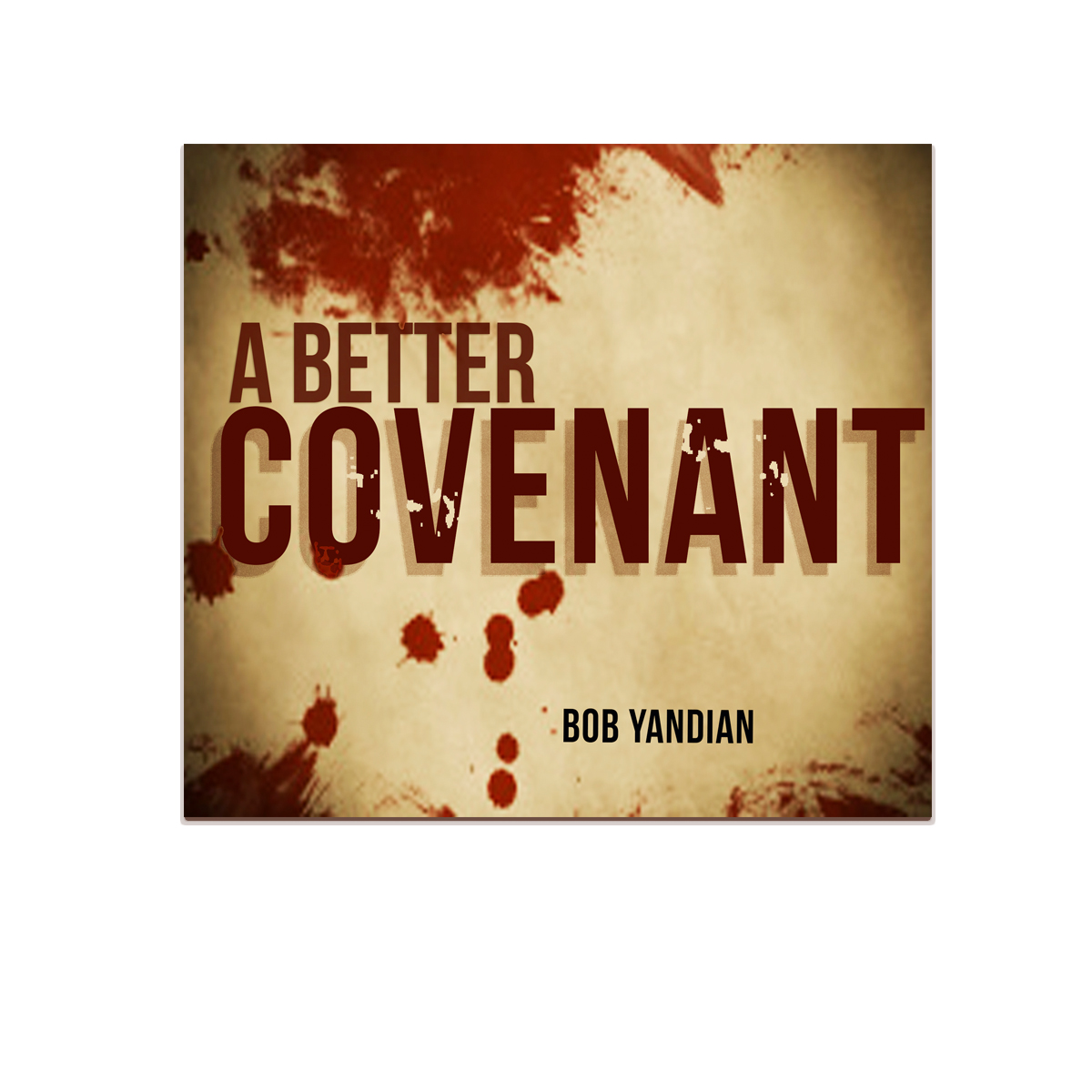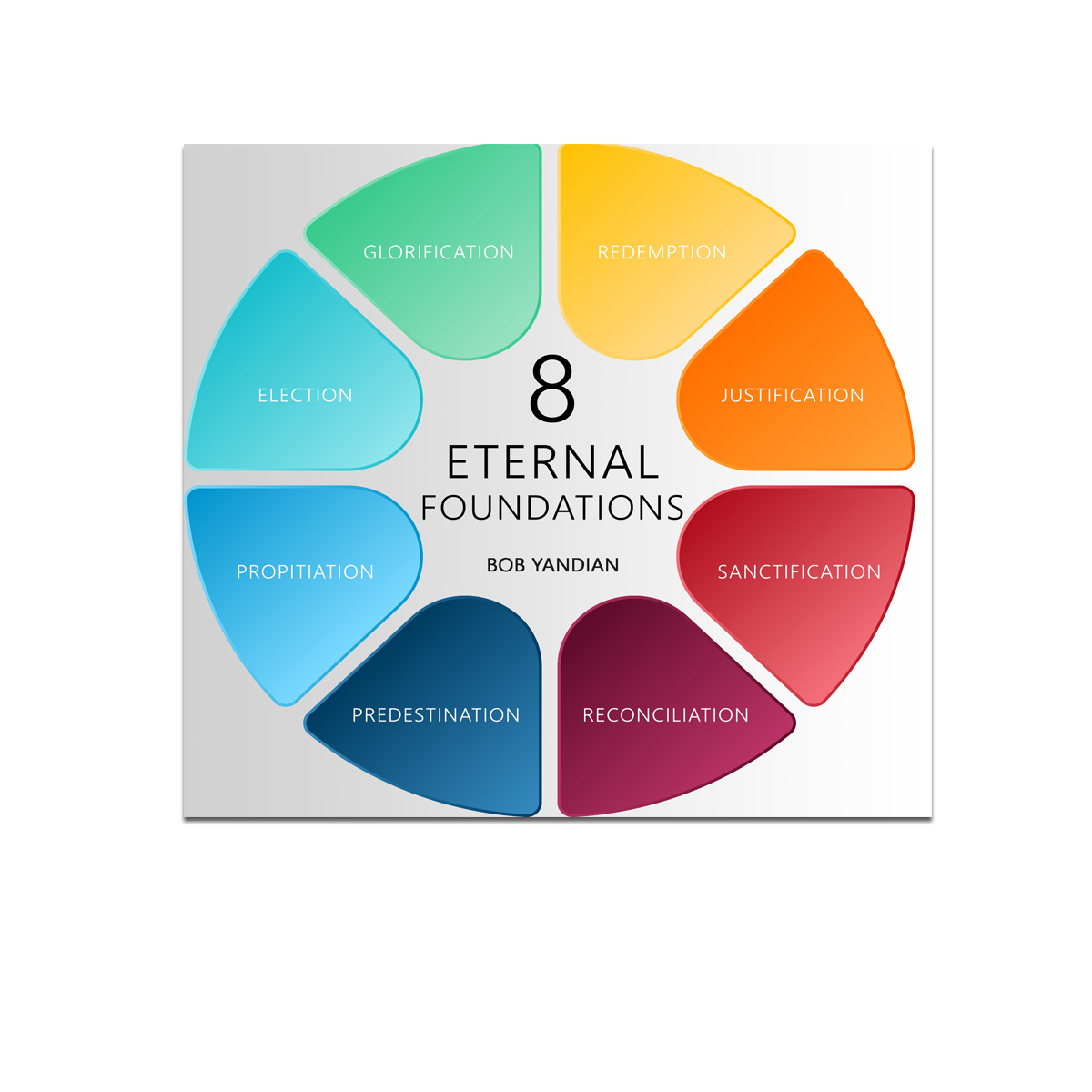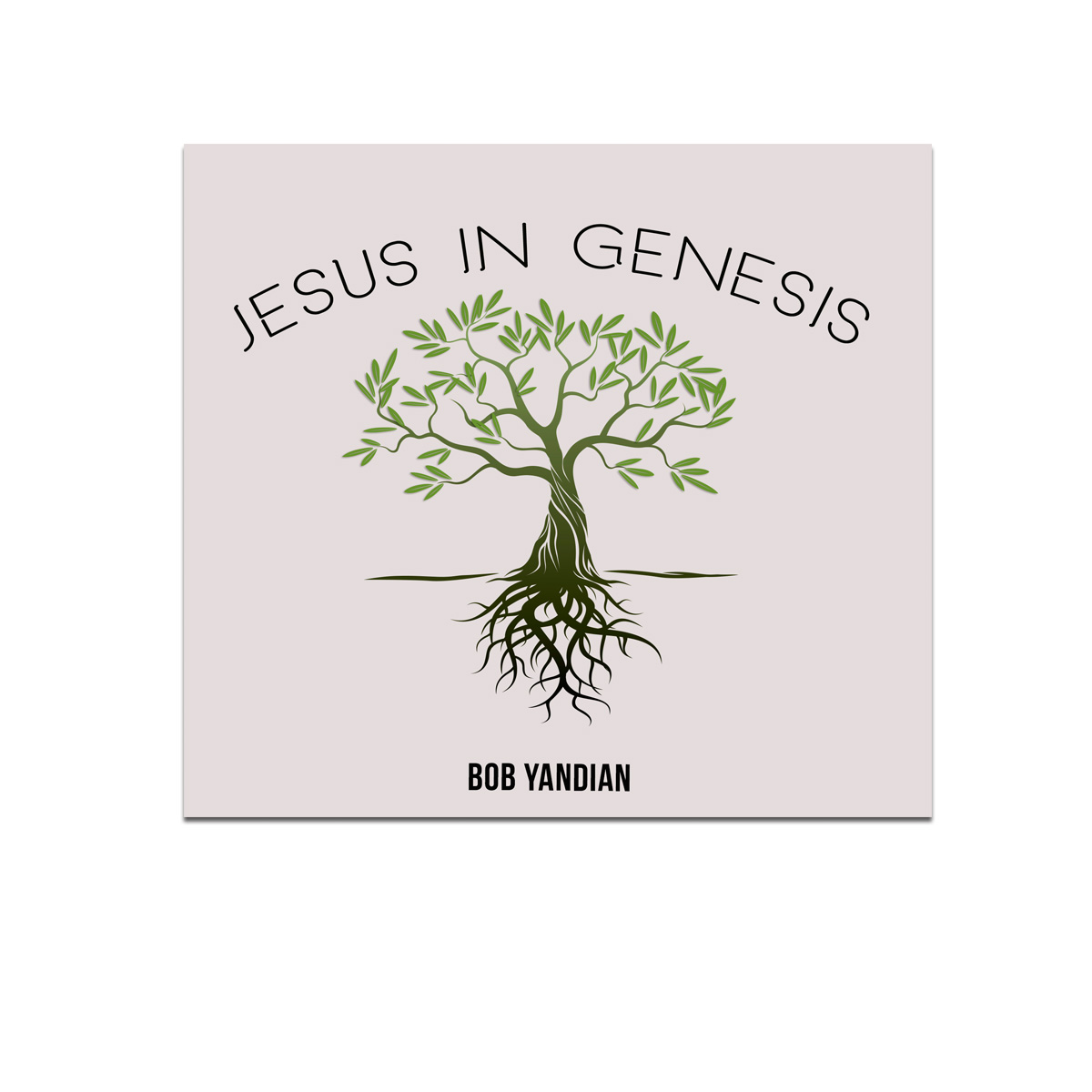The Voices of the Tribulation
Bob Yandian
The Tribulation will occur for seven years after the Rapture of the Church. The just will go to heaven and the unjust will be left on the earth for these seven years. During this time, evangelism will explode and millions will be swept into the Kingdom of God. Those who will get saved will remain on the earth and move right into the Millennium along with all the saints who returned with Jesus from heaven.
The Tribulation is God’s final attempt with mankind to show him the folly of rejecting God. It is satan’s last effort to try to win the world over and to usher in his own kingdom. It is man’s last effort to try to save himself through uniting together in one world government, promising peace forever.
Yes, there will be many terrible things that happen, but there will be many miracles and many souls saved. The world will go from zero saved to total evangelization in seven years. Everyone will hear the gospel and will make the decision for or against Jesus. And we will be watching from heaven, like the witnesses in Hebrews 12: 1.
Psalm 2
Psalm 2 can be described as the “Voices of the Tribulation.” It can be divided up this way: verses 1-3 is the voice of the unbeliever; verses 4-6 is the voice of God the Father; verses 7-9 is the voice of Jesus, and verses 10-12 is the voice of the Holy Spirit.
“Why do the nations rage, and the people plot a vain thing? The kings of the earth set themselves, and the rulers take counsel together, against the Lord and against His anointed saying, ‘Let us break Their bonds in pieces and cast away Their cords from us.’
He who sits in the heavens shall laugh; the Lord shall hold them in derision. Then He shall speak to them in His wrath, and distress them in His deep displeasure: ‘Yet I have set My King on My holy hill of Zion.’
‘I will declare the decree: The Lord has said to Me, ‘You are My Son, today I have begotten You. Ask of Me, and I will give You the nations for Your inheritance, and the ends of the earth for Your possession. You shall break them with a rod of iron; you shall dash them to pieces like a potter’s vessel.’
Now therefore, be wise, O kings; be instructed, you judges of the earth. Serve the Lord with fear, and rejoice with trembling. Kiss the Son, lest He be angry, and you perish in the way, when His wrath is kindled but a little. Blessed are all those who put their trust in Him.” Psalm 2: 1-12
The Voice of the Unbeliever
In verse one, we see that the heathen nations will be in a rage, an actual outrage against the Lord. Sinners believe there is a God. Most of them believe that He is just and right and that He will win out in the end. But strangely enough, many of them will fight Him to the very end. They have a rebellious attitude. But God is absolute and righteous, and one day the final line will be drawn. Then it will be too late to soften those hardened attitudes. God is going to win and those who fought all the way, fighting as if their efforts would stop God, will suddenly discover it is too late to admit their wrong attitude and change their heart.
This verse also tells us that the people will plot a vain thing. The word plot means to meditate. Meditating means to use your imagination to picture yourself in a particular situation, either good or bad. Believers discover a promise in the Word and imagine themselves in that promise - healed, prospering, guided in daily affairs. Unbelievers also use the principle, but so often they paint a picture for themselves of poverty, lack, sickness, and despair.
So what are the heathen nations meditating on in this first verse? They are trying to devise a way to rule the world without God; they want to establish one world government, solving man’s problems with man’s efforts. But God calls this vain. They are meditating on a “vain thing.”
In verse two, we see this attempt made by individuals (“kings of the earth”) and as a group (“rulers take counsel together”). Can you picture a group of intelligent men coming together to draw up a plan to overthrow God? Talk about meditating on an empty thing!
Verse three is also the voice of the unbelievers, the voice of the heathen leaders. They are saying that salvation by faith isn’t necessary; they have their own religion. Everything the Bible teaches will be cast away at it says in the second half of that verse. They will have total disregard for all that Christianity represents.
The Voice of God
What does God think about all this? His voice is heard in verses four through six. Notice in verse four that God laughs about this foolishness. As the leaders of the world are gathering to overthrow God and nullify salvation by faith, God just begins to laugh. He is literally mocking or making fun of them.
The next verse tells us what God does when He is finished laughing. His wrath rises up against the heathen nations. During the Tribulation not only does Satan display his wrath, but God pours out His wrath also. It will be one of the most intense times the earth has ever encountered. During the Church Age, God is holding back His wrath. He is operating in grace. God never pours out His wrath on His children. He disciplines them in love, not in wrath. But when we are all taken to heaven and only the heathen are left on the earth, God’s wrath will be displayed.
Have you thought you can run your own life? That makes God laugh. Will you have to face His wrath? Not if you have accepted Jesus Christ. There was a day that God poured out His wrath on His son Jesus. So when we accept Jesus as Our Savior and Lord, we can enter into God’s favor and we can be assured we will never have to face His wrath.
Even during the Tribulation, a time of God’s wrath, we can still see His patience and love demonstrated. Verse six tells us this. In verse six, God the Father refers to His Son as the means of salvation. Jesus is the king set on the holy mountain, elevated for all men to see.
The Voice of Jesus
Now in verse seven Jesus begins to speak. He quotes His Father first of all. Why is Jesus qualified to be the king on that holy mountain? He came through the virgin birth; He was born without blemish that all mankind has. He was born without the nature of the flesh. Therefore He was qualified to be the redeemer of the world, Jesus as a man is superior to all men. God the Father had begotten Jesus so He could redeem us.
In verse eight, we find another qualification of Jesus: He was obedient to the death on the cross to purchase our redemption. There Jesus reconciled man to God and all the heathen became His inheritance.
Jesus tells us in verse seven what God the Father told Him in the cradle, and in verse eight, what God the Father told Him at the cross. God told Jesus to ask Him for the heathen as an inheritance. And Jesus received that inheritance as the Son of God.
The last verse of the voice of Jesus is verse nine. It refers to a future event when Jesus will prove Himself to be the only one qualified to stand on the hill of Zion because He is going to come and judge the unrighteous. Those kings and rulers in the first three verses will look like fragile pottery next to Jesus, whose truth is as strong as iron in comparison. They will just crumble; all their boasting and mighty efforts will be as dust.
The Voice of the Holy Spirit
In the final three verses of Psalm 2 we hear the voice of the Holy Spirit. These words are not only directed toward the heathen leaders during the time of the Tribulation, but they are also directed toward us today. Today is the day of salvation. Don’t wait until the Tribulation to heed the words of the Holy Spirit. Why wait until the Tribulation to heed the words of the Holy Spirit? Why wait when peace and eternal life can be yours right now? So in verse ten, we are admonished to be wise and be instructed.
Notice what comes next. In verse 11 the voice of the Holy Spirit admonishes us to “serve the Lord with fear, and rejoice with trembling.” You can’t serve (verse 11) until you are instructed (verse 10). Find out what God wants you to do, then serve Him respectfully and diligently.
A better translation of “trembling” is the word anticipation. The second half of verse eleven tells us to rejoice with anticipation. Why? Because redemption is drawing near. What are we anticipating? The Rapture of the Church. The fact that Jesus is coming back for His own. During the Tribulation, those who get saved will be anticipating the Millennium, when Jesus returns to rule the earth with peace for a thousand years. That is when all the unrighteous will be shattered like pottery; they will be sorted out and thrown away like bad fish from the net.
How can you serve the Lord with fear and rejoice with anticipation? The final verse of Psalm 2, verse twelve, tells us how: “Kiss the Son.” What does a kiss represent? It represents trust in that person. Put your trust in the Lord Jesus Christ. He will never let you down. A kiss, also, represents surrender. Jesus is going to have the victory quit fighting and join the winning side; join Jesus. Finally, a kiss means desire. Jesus desires you greatly and He longs for you to desire Him. Surrender to Him and discover His desire for you.
Salvation has been the same, whether in the Old Testament or the New Testament. It is by making peace with Jesus, or “kissing the Son.” Jesus is the object of salvation.

